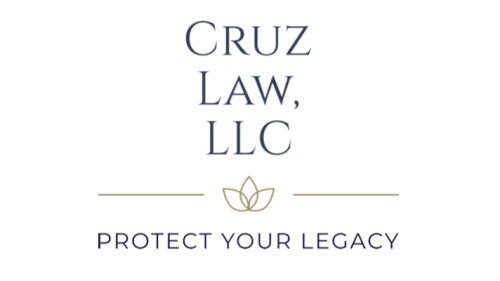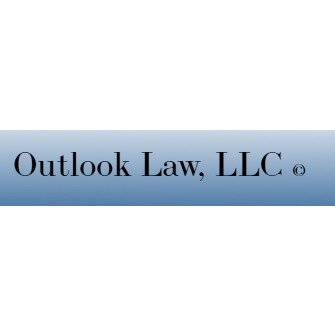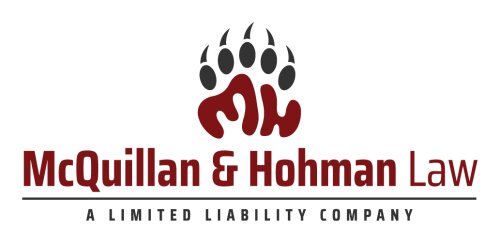Best Communications & Media Law Lawyers in Anchorage
Share your needs with us, get contacted by law firms.
Free. Takes 2 min.
List of the best lawyers in Anchorage, United States
About Communications & Media Law in Anchorage, United States
Communications and Media Law in Anchorage, United States, relates to the regulation and oversight of communications and media companies. This includes the laws and regulations regarding broadcasting, telecommunication, advertising, public relations, and other forms of media communication. It covers a wide range of legal issues such as intellectual property, privacy rights, defamation, censorship, and freedom of expression. In Anchorage, these laws are enforced by local, state, and federal authorities, each with their set of regulations and mechanisms for dispute resolution.
Why You May Need a Lawyer
There are several instances in which a lawyer specializing in Communications & Media Law could be needed. These situations can include setting up a new communications or media business and ensuring compliance with regulations, dealing with copyright infringement claims, privacy issues, defamation cases, and advising on broadcasting rights. They also play a crucial role in managing contractual relationships with suppliers, employees, and consumers, as well as in flagging potential legal risks associated with any form of communication or media dissemination.
Local Laws Overview
The local laws relevant to Communications & Media Law in Anchorage primarily involve the Alaska State Constitution's freedom of speech and press provisions. Additionally, Anchorage's municipal code includes specific regulations for cable television systems, highlighting the local franchise requirements. There are also state laws that address matters like telemarketing and consumer protection, protecting against misleading advertising practices. Intellectual property and confidentiality are other key areas protected under state laws, ensuring that copyright, trademarks, and trade secrets are adequately safeguarded.
Frequently Asked Questions
1. Can someone sue me for defamation in Anchorage?
Yes, if a person or entity believes that false statements publicly made by you have hurt their reputation, they may file a defamation lawsuit. It is crucial to consult a lawyer to understand your legal rights and obligations in such cases.
2. Are journalists allowed to protect their sources in Anchorage?
Yes, Alaska law generally upholds the rights of journalists to protect their sources. This right, however, may not be absolute, and in certain cases, they may be required by a court to reveal the source.
3. Do I need a special permit to operate a radio station in Anchorage?
Yes, operating a radio station in Anchorage requires a broadcast license from the Federal Communications Commission (FCC). Specific local rules in Anchorage may also apply.
4. Can I be held responsible for user-generated content on my website?
Generally, website owners are not held responsible for user-generated content thanks to Section 230 of the Communications Decency Act. However, there might be exceptions, particularly in cases involving intellectual property violations or illegal content, so it would be wise to consult a legal expert.
5. How can I protect my intellectual property rights in the digital sphere?
You can protect your intellectual property rights through various methods, such as patents, copyrights, and trademarks. A lawyer can provide you with the right guidance on how to properly register and protect your intellectual property.
Additional Resources
You can seek further information on Communications & Media Law from entities like the Alaska State Bar Association and the Federal Communications Commission (FCC). Public libraries in Anchorage also provide access to legal resources and databases that offer further insights into Media Law.
Next Steps
If you require legal assistance in Communications & Media Law, consider consulting a local lawyer specialized in this field. A legal expert can help you navigate through the complex legal terrain, ensure your business practices comply with relevant rules, and shield you from potential legal disputes. You can find qualified attorneys through the Alaska State Bar Association’s Lawyer Referral Service.
Lawzana helps you find the best lawyers and law firms in Anchorage through a curated and pre-screened list of qualified legal professionals. Our platform offers rankings and detailed profiles of attorneys and law firms, allowing you to compare based on practice areas, including Communications & Media Law, experience, and client feedback.
Each profile includes a description of the firm's areas of practice, client reviews, team members and partners, year of establishment, spoken languages, office locations, contact information, social media presence, and any published articles or resources. Most firms on our platform speak English and are experienced in both local and international legal matters.
Get a quote from top-rated law firms in Anchorage, United States — quickly, securely, and without unnecessary hassle.
Disclaimer:
The information provided on this page is for general informational purposes only and does not constitute legal advice. While we strive to ensure the accuracy and relevance of the content, legal information may change over time, and interpretations of the law can vary. You should always consult with a qualified legal professional for advice specific to your situation.
We disclaim all liability for actions taken or not taken based on the content of this page. If you believe any information is incorrect or outdated, please contact us, and we will review and update it where appropriate.













